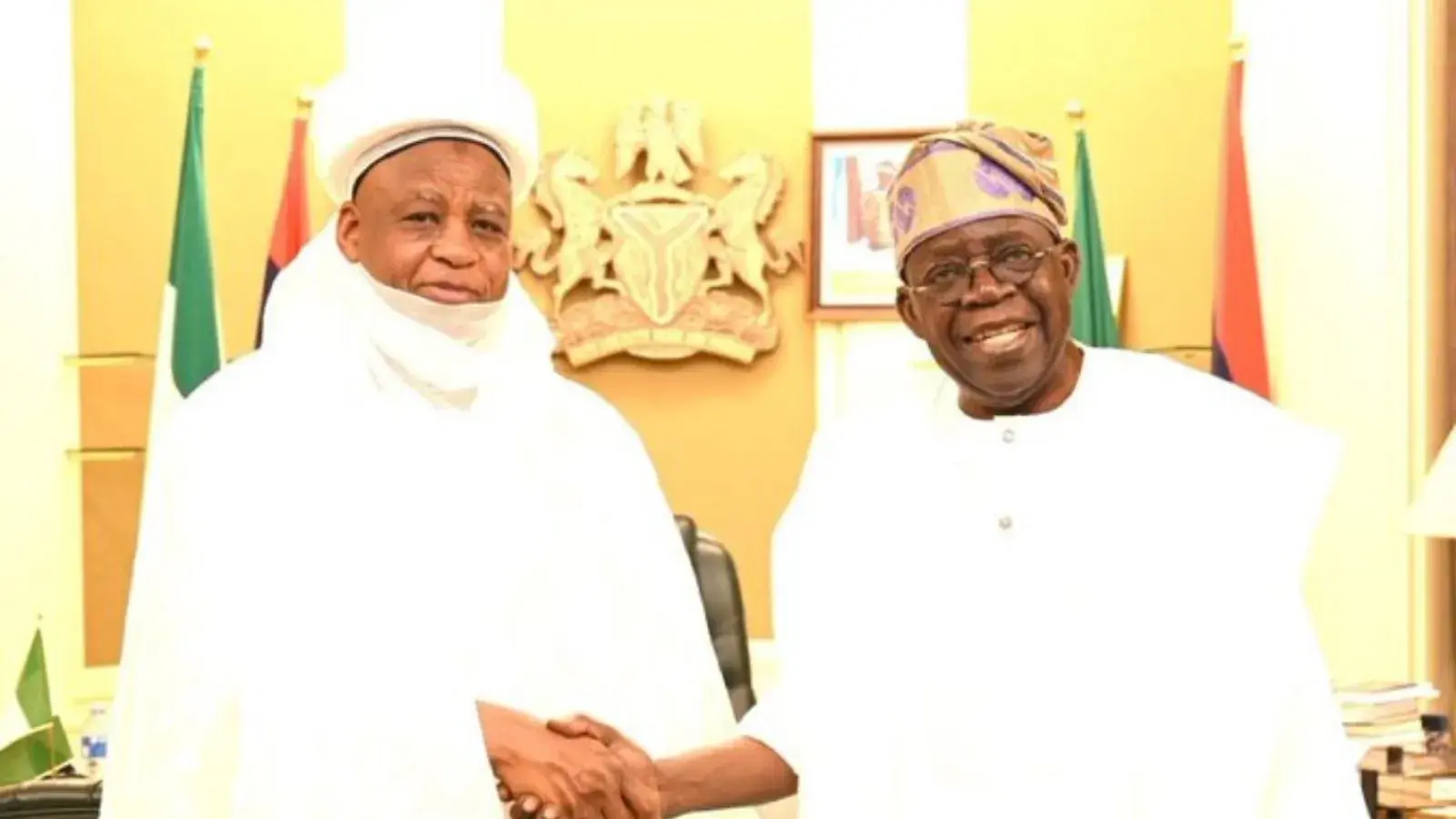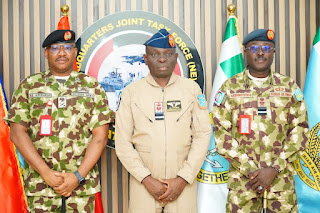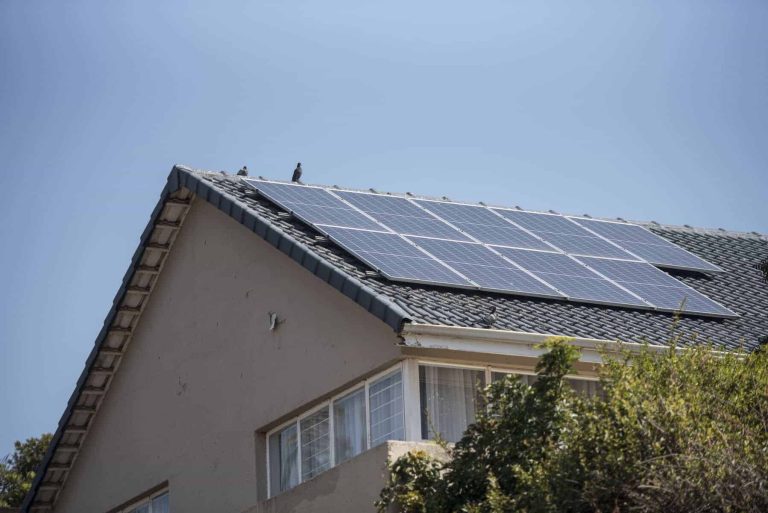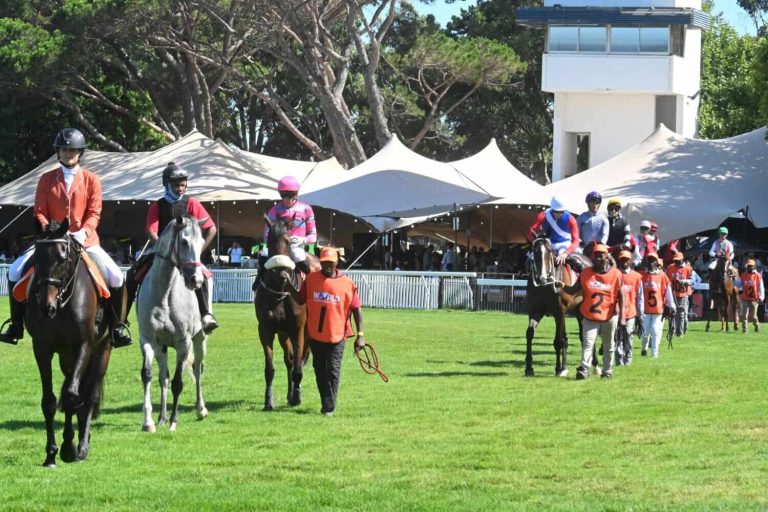
As discussions intensify over allegations of genocide against Christians in Nigeria, President Bola Tinubu has held a high-level meeting with the Sultan of Sokoto, His Eminence Sa’ad Abubakar III, at the Presidential Villa in Abuja.
The Sultan, who also heads the Nigerian Supreme Council for Islamic Affairs, is regarded as the spiritual leader of the country’s Muslim community.
The meeting, held on Friday inside the President’s office at the State House, was also attended by the Speaker of the House of Representatives, Abbas Tajudeen, and the National Security Adviser, Nuhu Ribadu. The details of their discussions remain undisclosed at the time of this report.
The engagement comes just days after President Tinubu hosted the Catholic Archbishop of Abuja, Most Rev. Ignatius Kaigama, as part of ongoing efforts to strengthen interfaith dialogue and promote religious harmony in the country.
The renewed focus on religious relations follows comments by former U.S. President Donald Trump, who accused the Nigerian government of complicity in alleged attacks targeting Christians.
Trump had threatened to deploy military espionage operations to dismantle Boko Haram, ISWAP, and various bandit groups operating across northern Nigeria. His administration previously listed Nigeria as a “Country of Particular Concern,” a designation the Nigerian government strongly rejected.
Addressing the media on Tuesday after meeting the President, the Minister of Information and National Orientation, Mohammed Idris, described the U.S. designation as “false and untrue.”
He stressed that the Tinubu administration fully upholds the constitutional rights of all Nigerians to practice their religion without fear or restriction.
Idris added that, while insecurity remains a significant challenge, it is inaccurate to suggest that the government is not making serious, coordinated efforts to address the problem.
At Thursday’s Federal Executive Council meeting, President Tinubu reaffirmed his commitment to deepening international cooperation to defeat terrorism.
He expressed optimism that, despite security challenges and other national pressures, Nigeria remains firmly on the path toward economic progress.



